The question of the day is, what is the deal with UTV axles?
Let’s talk some truth, axles are one of those parts that will not last forever, otherwise known as a “wear part.” To break it down, we could say, the component only has so many miles or too much stress before it will take a ride to brokenville. These modules could quite possibly be the most replaced part in any offroad vehicle, but why?
Here’s the thing about your buggy, straight off the lot. Most of those OEM parts are designed for a broad spectrum of uses on a wide variety of terrain. That means the same axle goes into a Polaris Ranger, whether it’s taken on mudslinging adventures or out to haul wood. Though the factory axles are more than able to conquer light trailing and farming, each activity calls for different durability factors, which is why they could potentially bust.
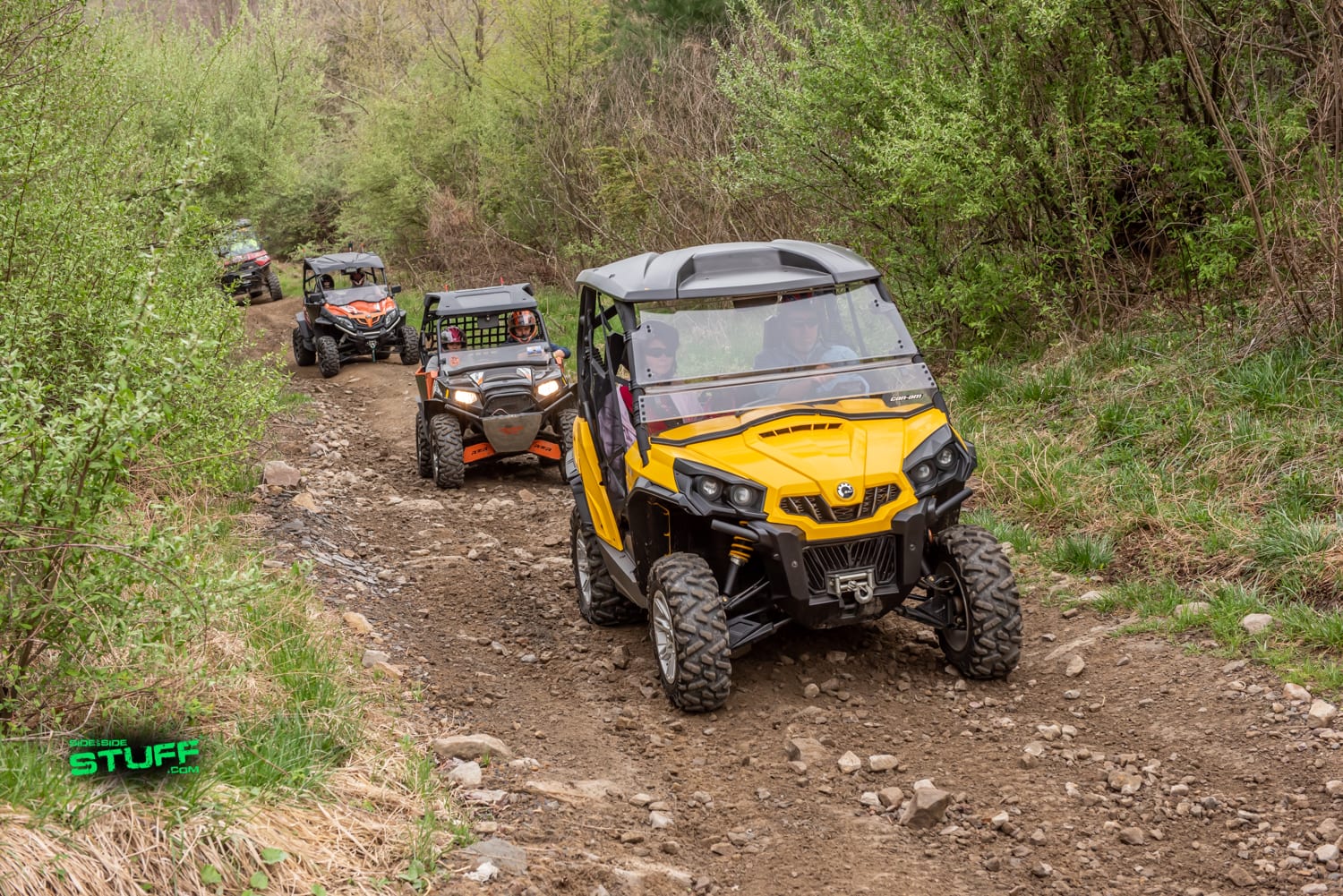
Let’s get the low down on its function.
The axle is essentially the most vital assemblies on your machine. Its job includes transferring horsepower and torque from your engine into your wheel hubs. You literally need the device to move, a broken axle means no movement. So, it’s safe to say knowing what type of aftermarket axle will meet your offroad demands is crucial to your cause.
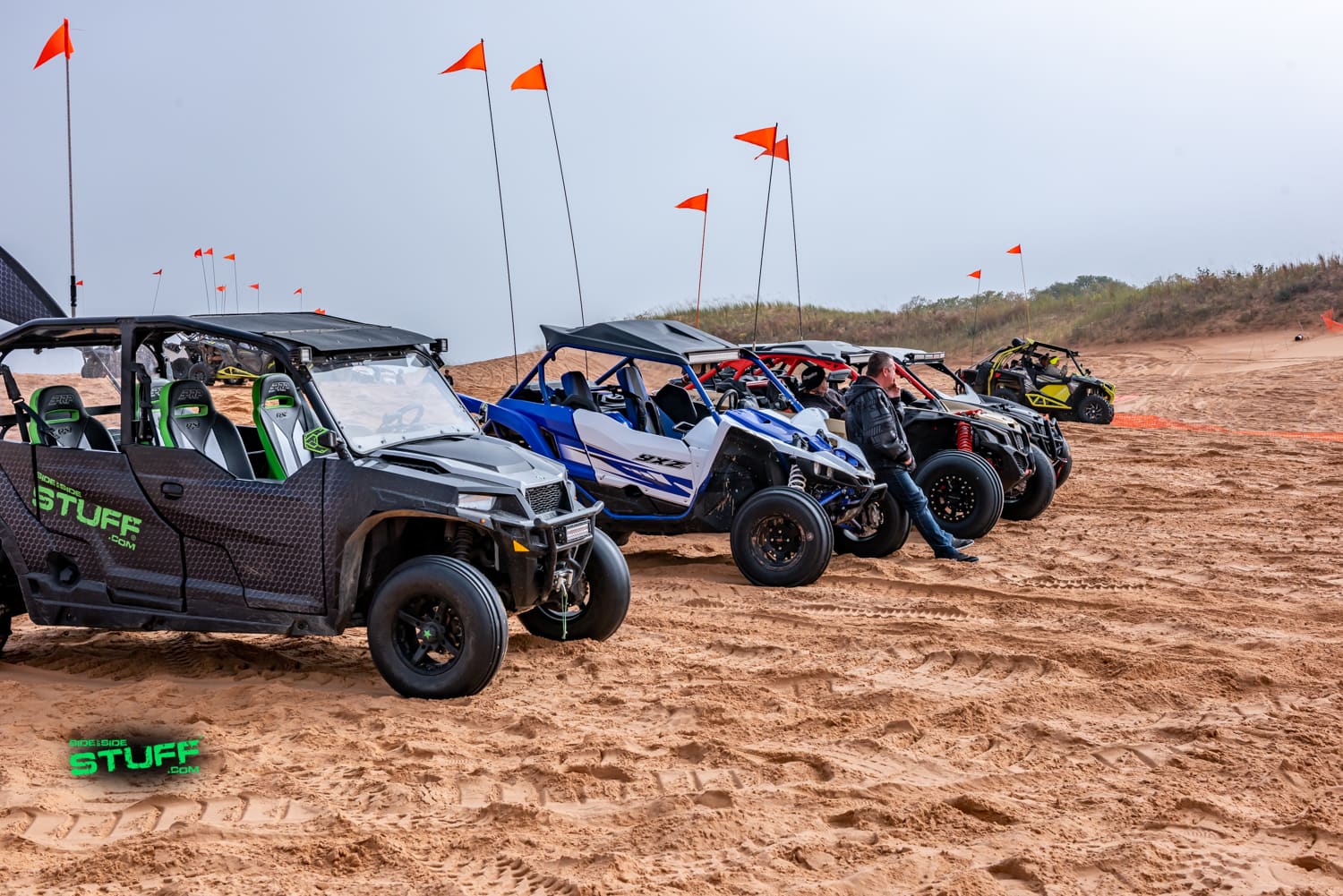
Different Types of Off-road Axles
Let’s get down and dirty with details on the different types of offroad axles and what kind of rides will benefit from each one. After all, we are all different, and so are our experiences, so shouldn’t our drivetrain parts align with our individual styles and demands? Side By Side Stuff says yes, and we’re going to take it a step further and give you the info needed for assistance in choosing the most economical axle for your rig’s needs.
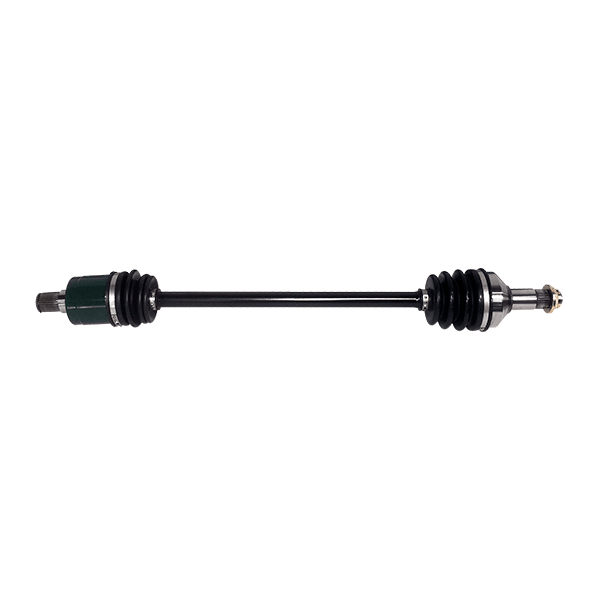
Stock replacement axles are excellent for normal operations. They generally meet or exceed OEM standards in construction with better than factory performance-life. This is more than ample for your driveline if you are a casual cruiser, embark on light trail riding, or doing chores around your property. You’ll find top brands like TrakMotive, Rugged, All Balls Racing, and Slasher leading the industry with their ability to manufacture quality OEM replacement axles for a multitude of machine applications.
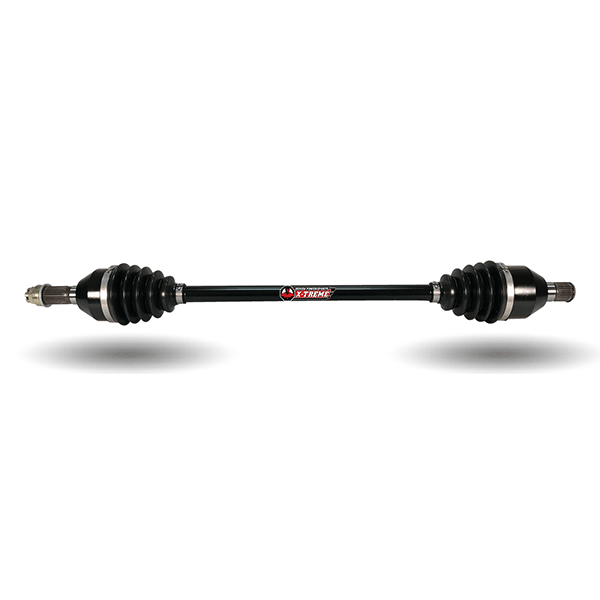
When you start hitting the trails with more intensity or get down and dirty with hauling and towing, you may consider upgrading to a heavy-duty UTV axle. Also, any machine with a lift kit most likely will need the heavy-duty axle. These aftermarket parts are built for more load capacity, rigorous driving and are less likely to break. Generally, they are engineered with larger shaft diameters, higher-grade materials, higher articulation, and more precise methods of construction. Some well-respected brands in the offroad community include Super ATV, Demon Powersports, Dragonfire Racing, TrakMotive and High Lifter, to name a few.
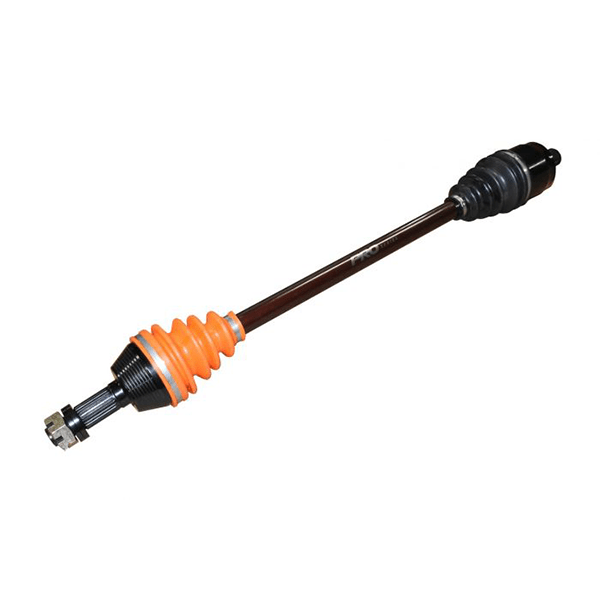
Would you call yourself an over the top terrain slayer or possibly do your deed with speeding through trails? Then an offroad severe-duty axle is where it’s at. They are built for avid crawling or other extreme conditions that require a tank-like driveline with the appropriate articulation and flex for the nature of the ride. They are formed from some of the highest quality materials on the planet and generally come with a lifetime manufacturer’s warranty. This is the go-to UTV axle for pro-riders on a multitude of terrains. One brand that leads the industry in manufacturing these extreme-duty axles is RCV Performance Products.
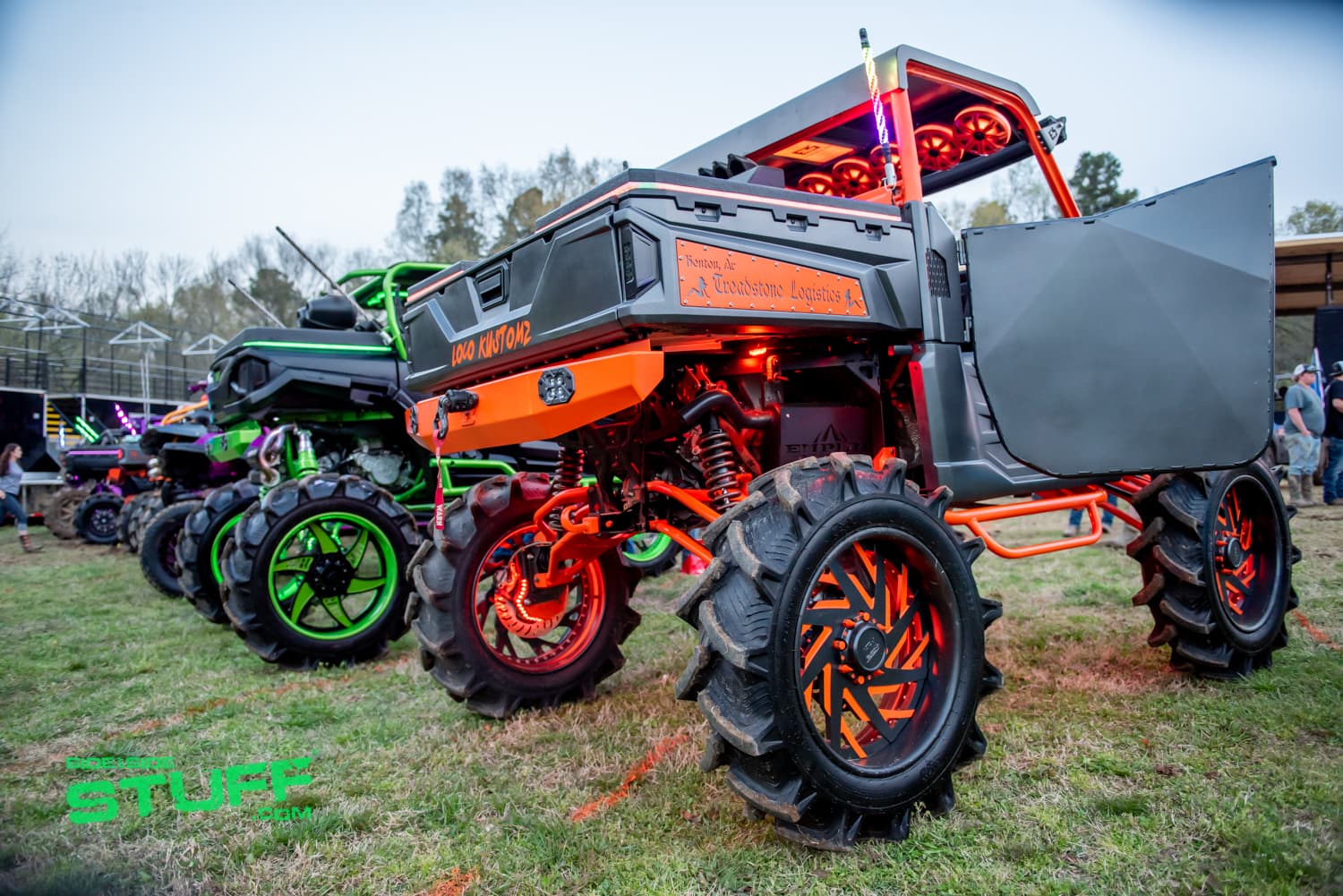
There seems to be quite a bit of confusion when it comes to whether an offroad enthusiast needs a stock length or extended axle. One thing to do if you need an extended is to read the fine print. You want to ensure the longer part is compatible with your suspension components, as many manufacturers form the assembly for their specific brand. Okay, let’s shed some light on the situation, what’s it going to be, stock length or extended?
You need an extended axle if:
- You have a four-plus inch lift kit, depending on the make and model of the machine. If you are thinking about adding the modification to your rig, be sure to call your local dealership to find out if your specific application requires the extended axle.
- You have a six-inch lift kit or higher.
- You have switched to a long travel kit.
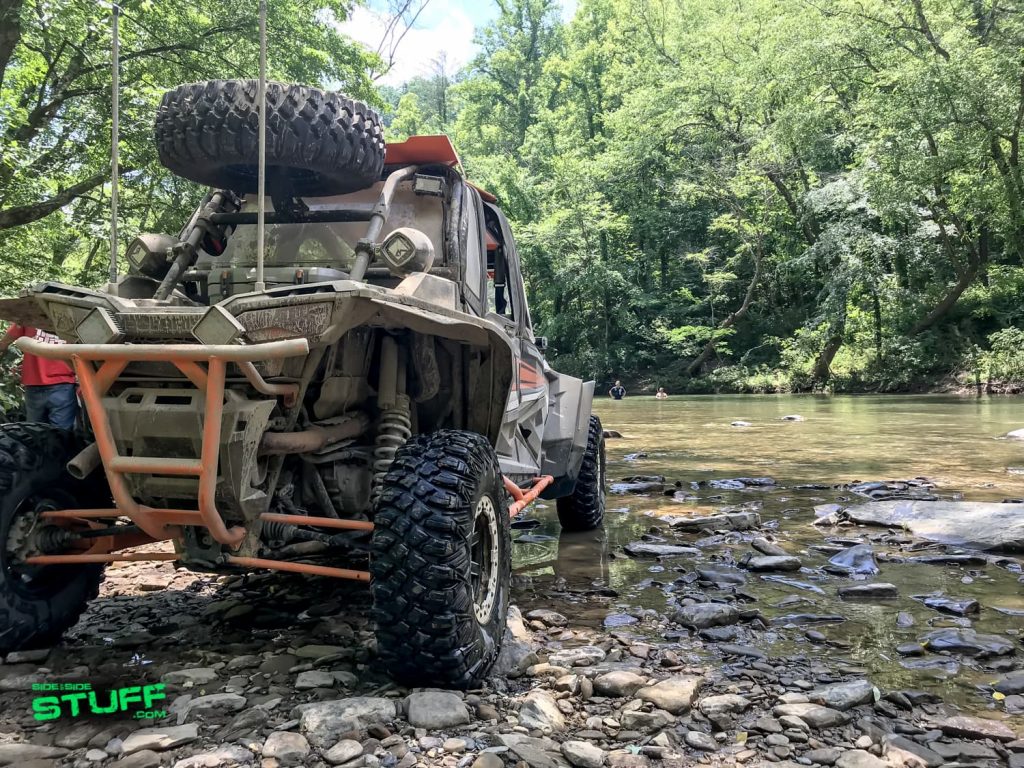

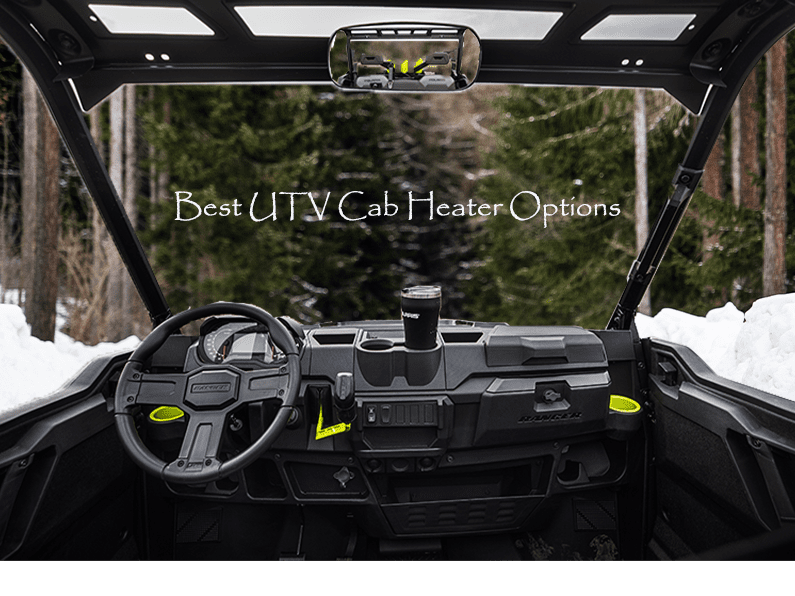
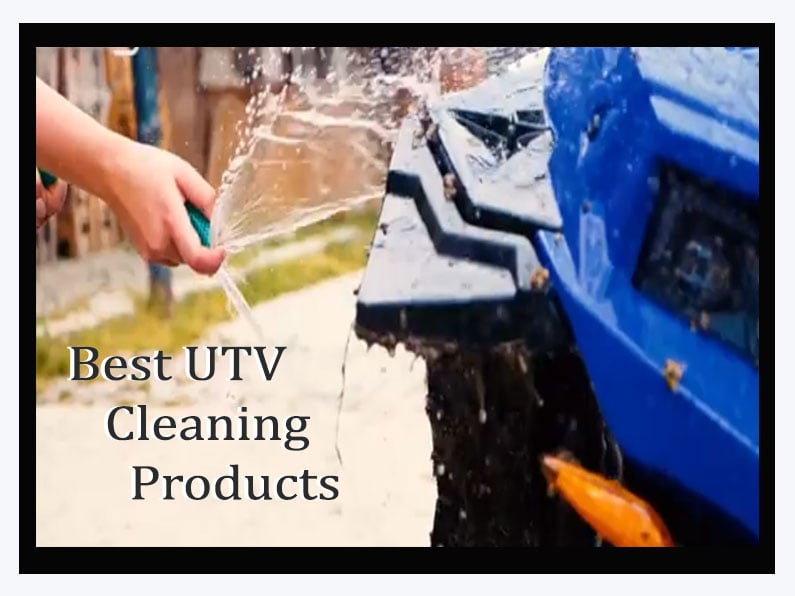
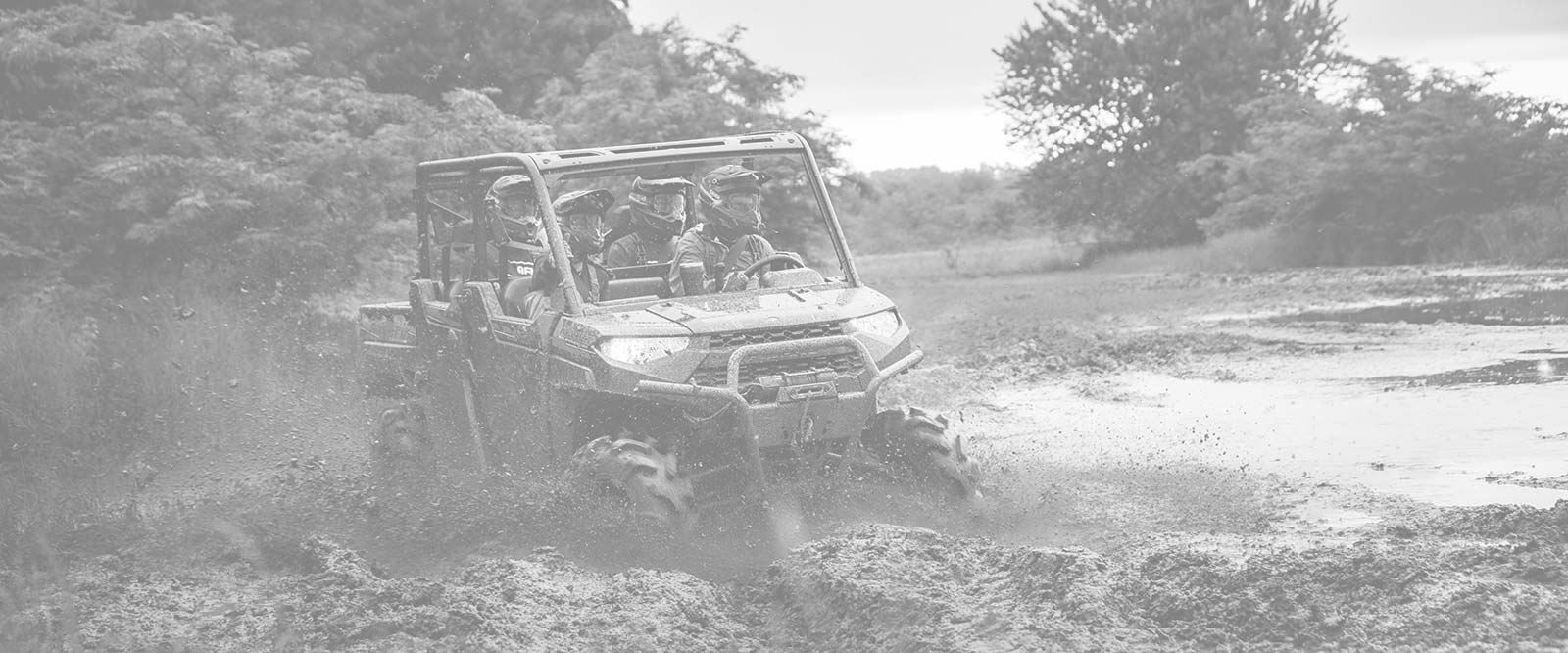
Comment section